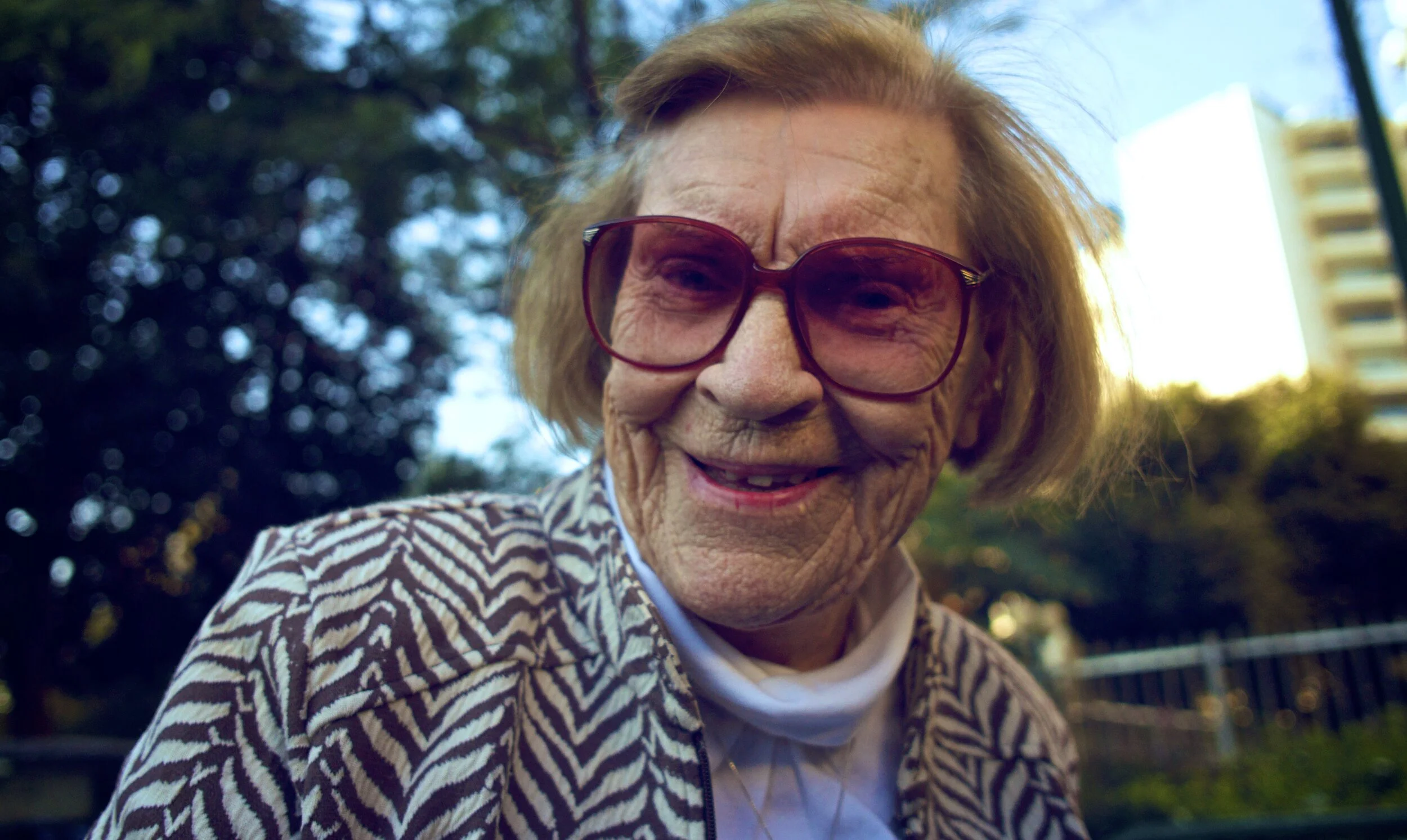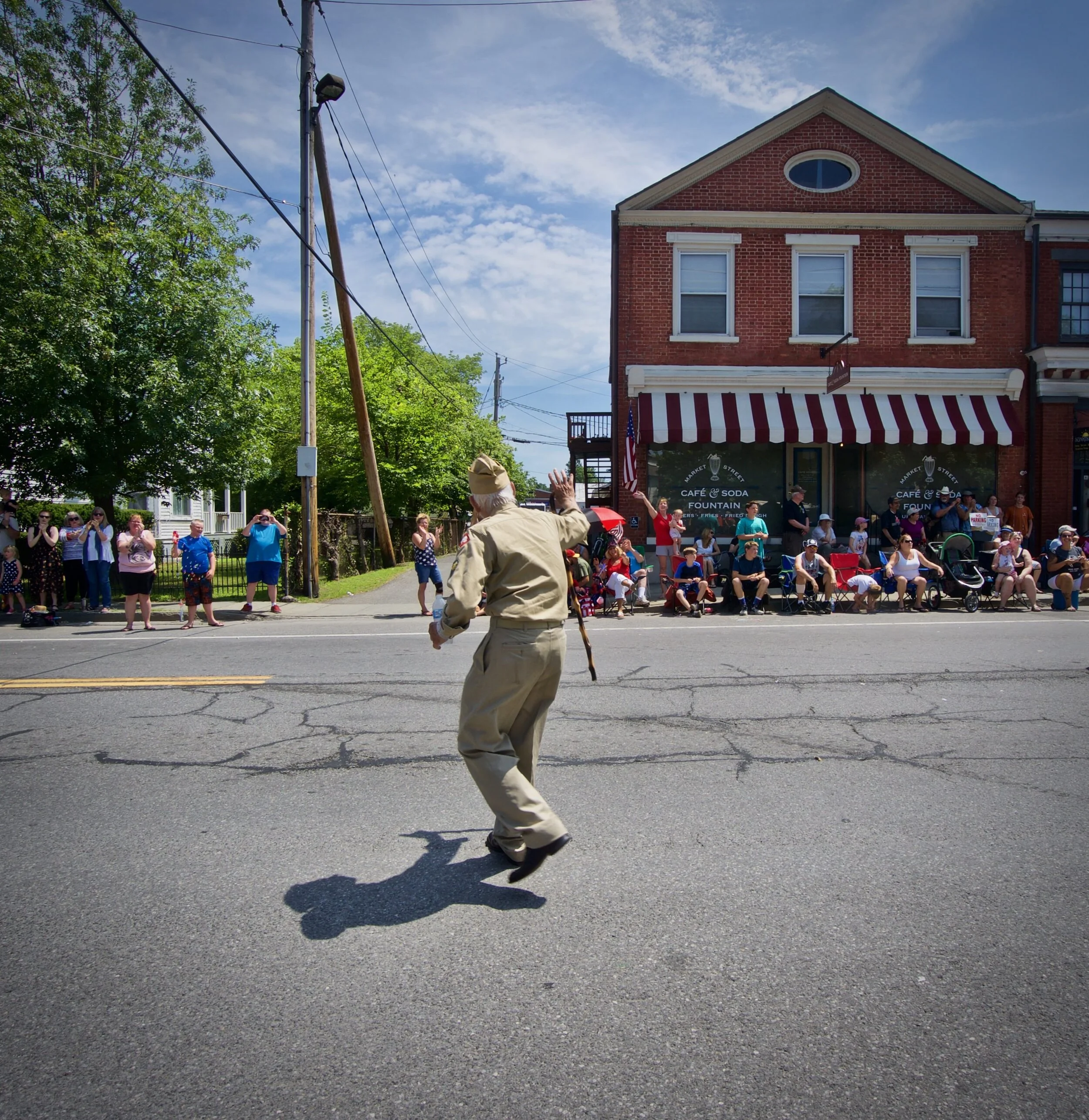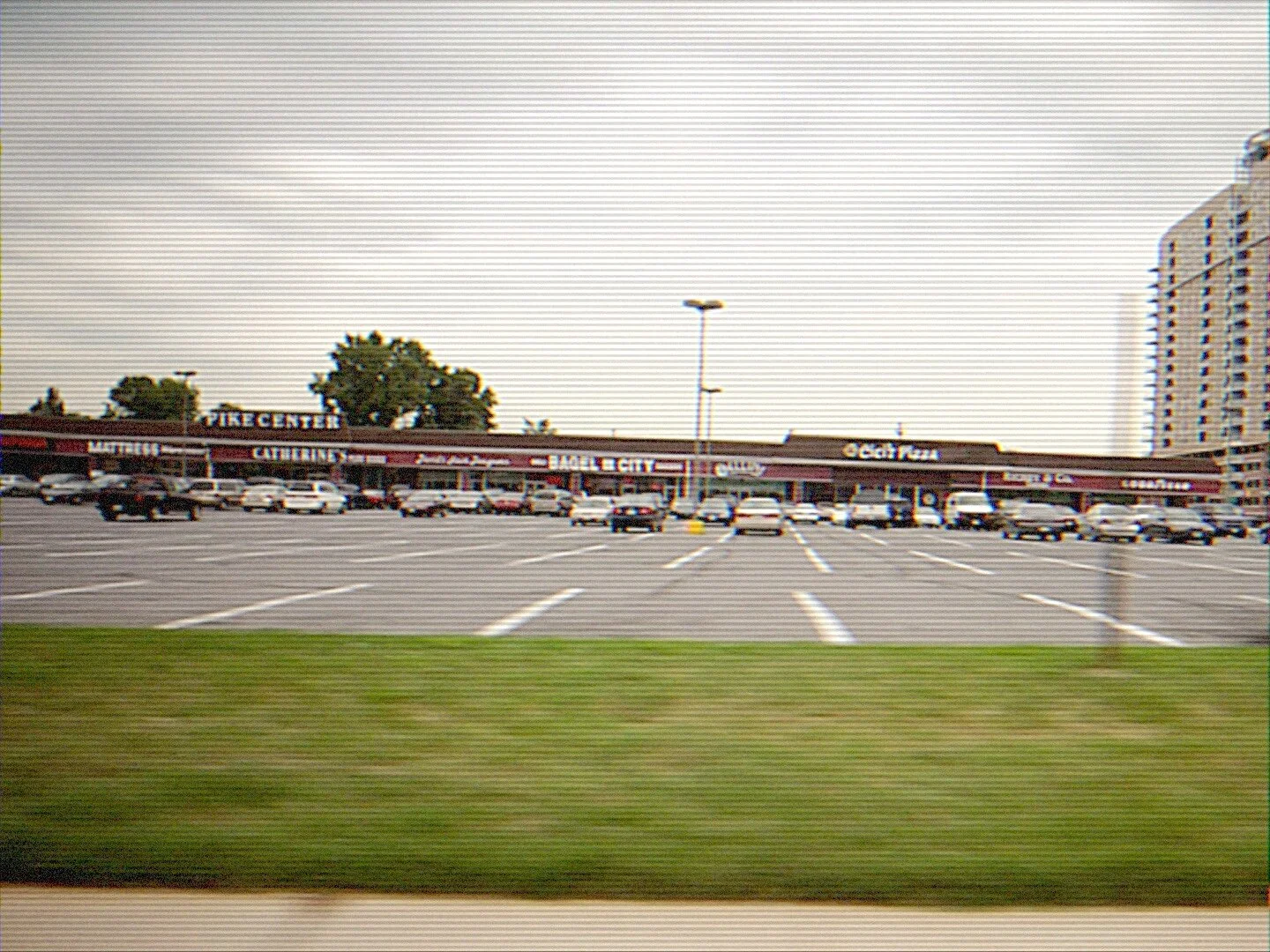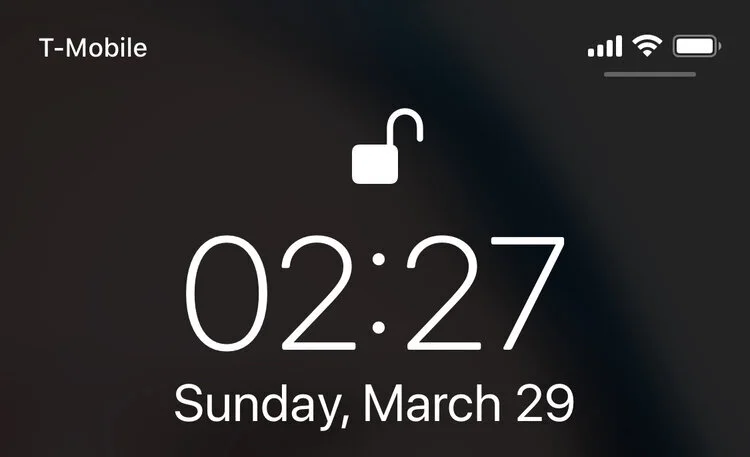I first met Daniel Terna through his father, painter and Holocaust survivor Fred Terna…
Read MoreA Mirror
Part of the film: The Ripple Project: ONE
An artist paces through his color filled studio, images of pop icons and hyper realistic depiction of ironic reality are scattered throughout. Marc Dennis, a New York painter, pains away at his next creation while drowning in a memory of a lost freind, Dina, a Shoah survivor; which Marc interviewed before she passed away. Dina's voice swell as we begin to see a clandestine painting that Marc has been working on.
Halloween, Lower Mahattan 2012
May Day
This week marks the one year anniversary of Occupy Wall Street. The May Day protests were one of the last major Occupy related protests to take place under the banner of the movement. After a relatively quiet winter May Day highlighted the crossroads that the movement was at, there were many questions to if the movement was growing too divided or if it could substain itself in any form and it's hard to say if any of those questions were answered on May 1st. I felt disoriented throughout the day, unsure of what to make of the events that took place. I tried to create a video that matched the feeling I had. -Dylan Angell
Directed by Dylan Angell Shot by Ryan Hunter Edited by Joe Morgan Music by Gabe Celestino Voices sampled from May Day Radio Executive Producers Liron Unreich and Michael McDevitt
Miriam Friedman Morris
A Day At Zuccotti Park
I first went to Zuccotti park on day three of the occupation. I biked over mid-morning and there were maybe 200 people present who had camped out from the night before. Their purpose was unclear, but their determination was apparent and their presence raised the question: Why is there not a bigger movement taking place across the United States? Soon the movement was growing, and as it grew- it began to encompass more issues, drawing attention to more and more of the countries problems. As I spoke to people involved I realized that any one person’s opinion on these issues may clash completely with the next. I realized that OWS was serving as a platform for many, a podium for anyone and everyone to voice their frustrations with the government. There is no telling how this movement will grow and what change it will inspire- to document it seems almost to do it a disservice, to attempt to turn it into something static, to try to contain it. I decided to film what I saw and not focus on any one person’s agenda, to put politics aside and try to capture the energy of the spectacle that has inspired so many. To show the frustrations, the anger, joy, excitement, knowledge; unity that I saw on people’s faces, emotions that we all share even if our opinions ultimately differ. -Dylan Angell
What is Missing
In this Vignette, in partnership with the Brooklyn Arts Council’s Rethinking Memorial: Ten Interactive Sites for remembering 9/11, The Ripple Project asked ordinary New Yorkers a seemingly obvious yet often overlooked question: “What is missing in the conversation surrounding 9/11?”
The events of September 11, 2001 have made an indelible impression on the collective psyche of the American people, in particular, those New Yorkers who bore personal witness to the calamity of the twin towers’ thunderous collapse. And while over the span of ten years time, the widespread historical and social ramifications of this tragedy have been thoughtfully documented, synthesized and discussed, the horrific scale of 9/11 consistently overshadows the deeply personal trauma felt not only by those directly affected by the loss of loved ones, but by the multitudes who witnessed and continue to witness it’s rippling aftereffects.
What is Missing, Rethinking 9/11 Memorials
In collaboration with the Brooklyn Arts Council Dumbo Improvement District, this past Saturday, The Ripple Project marked the tenth anniversary of the September 11, 2001 terrorist attacks with an interactive memorial alongside nine other stations featuring prominent artists on the streets of Dumbo. In a continuing effort to explore stories which lie behind the headlines and as part of the Brooklyn Arts Council’s Rethinking Memorial: Ten Interactive Sites for remembering 9/11, The Ripple Project sought out ordinary New Yorkers and asked a seemingly obvious yet oft overlooked question: “What is missing in the conversation surrounding 9/11?” The responses we received ran the gamut: many thoughtful and reflective, others colorful and controversial.
-3
In documenting these responses we hoped to inspire a diversity of reactions: anger, renewal, denial, indignation, apathy, conspiracy theories, paranoia, patriotism, prejudice, and sadness, all while preserving a common thread of humanity in shared experience.
-1
In the coming weeks we hope to edit this footage into a short, lyrical piece, which reflects our belief that the best memorial we can give to those who have passed is to continue to reflect and find new perspectives on the events of Sept.11th in the attempt to examine why the events of Sept.11th happened and what we can learn about ourselves in their aftermath.
-2
Paul Angell Plainfield, VT
Fred Terna in Conversation
“This was. This is.” Brooklyn-based artist and Shoah survivor, Fred Terna, declares gesturing towards two paintings—one ominous and dark, the other lighter, with hues of hope. “This is how the memory changed.” Shared Memory is part oral history, part private gallery tour where Terna invites the viewer into his home and discusses pieces from his carefully catalogued collection spanning the history of his artwork. Together, the paintings and Terna’s stories describe his path from the Czech Republic to Brooklyn, from surviving Theresienstadt to his taxing marriage with a fellow survivor. In Shared Memory, Terna reveals how painting is both a way of coping with the horrors he has experienced and a means to preserve his memories.
WATCH: A conversation between Fred Terna and Rwandan genocide survivor and educator Eugenie Mukeshimana, which took place after a private screening of Shared Memory.
The following letter was written to Shared Memory Director and The Ripple Project Cofounder, Liron Unreich, by Fred Terna.
Dear Liron,
I'm awed and delighted with the film. You and your team have done a superb job, telling the story of my paintings. Other film-makers have tried to make films about art and artists during the Shoah. When they focused on me they somehow stayed on the surface, there was a distance, a gap, between my feelings and ideas and what I saw on the screen. You are telling the story with great skill and insight, and I thank you.
During the Shoah we promised each other that the one who survives will tell about it. The burden is getting heavier as our numbers decrease, and you and your group are carrying this obligation with us, and for us.Please give my thanks to all who are working with you on The Ripple Project. Looking forward to hearing from you before long,Fred












